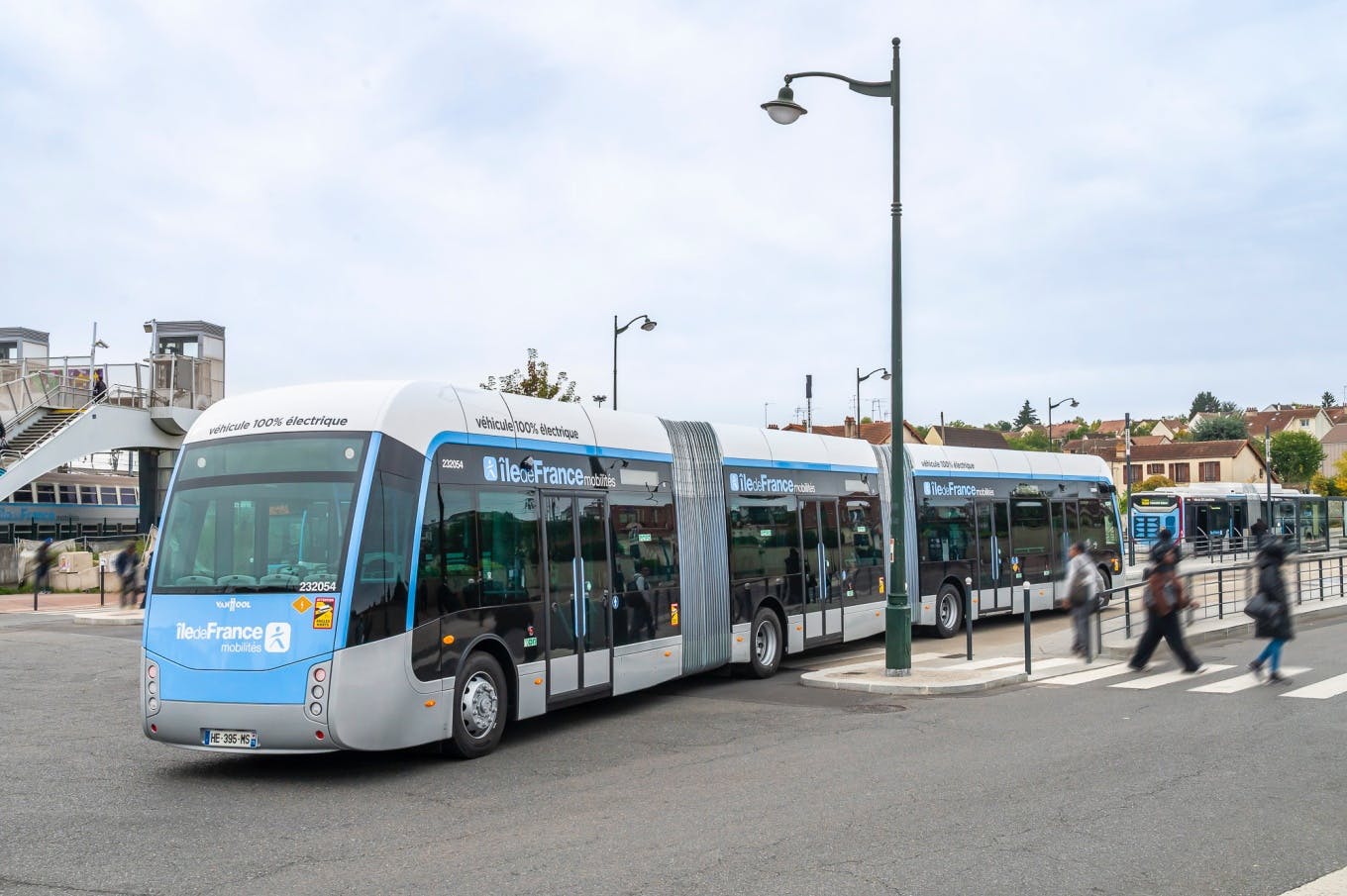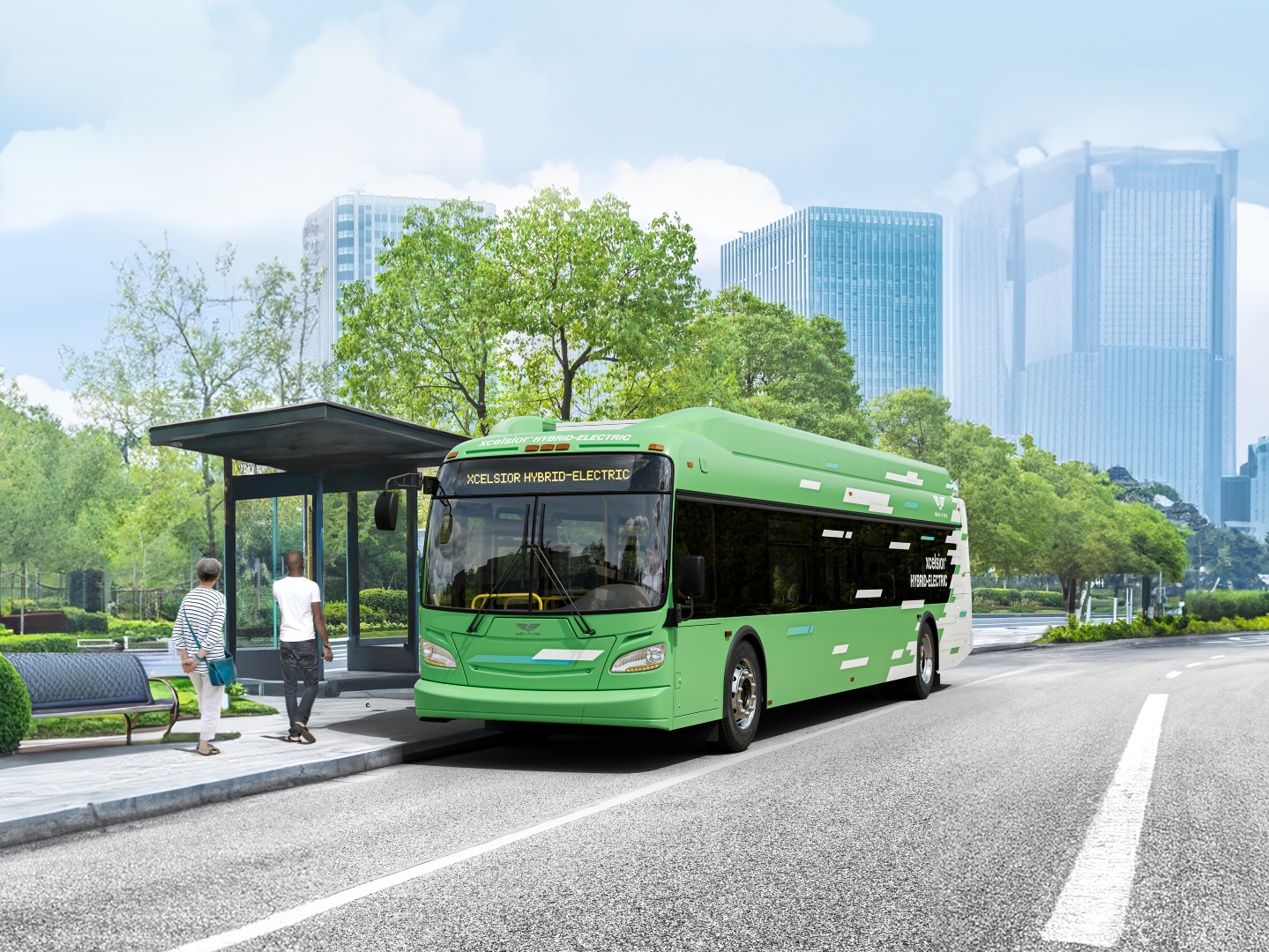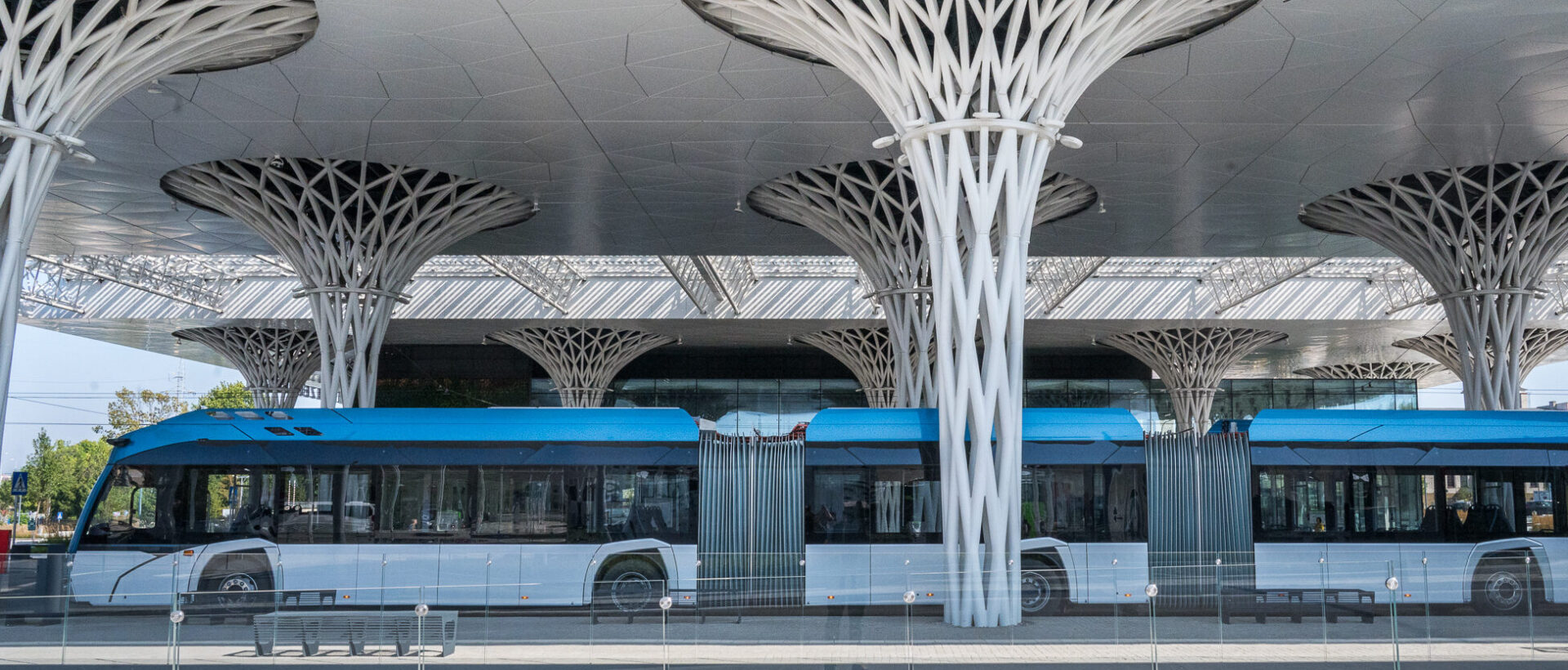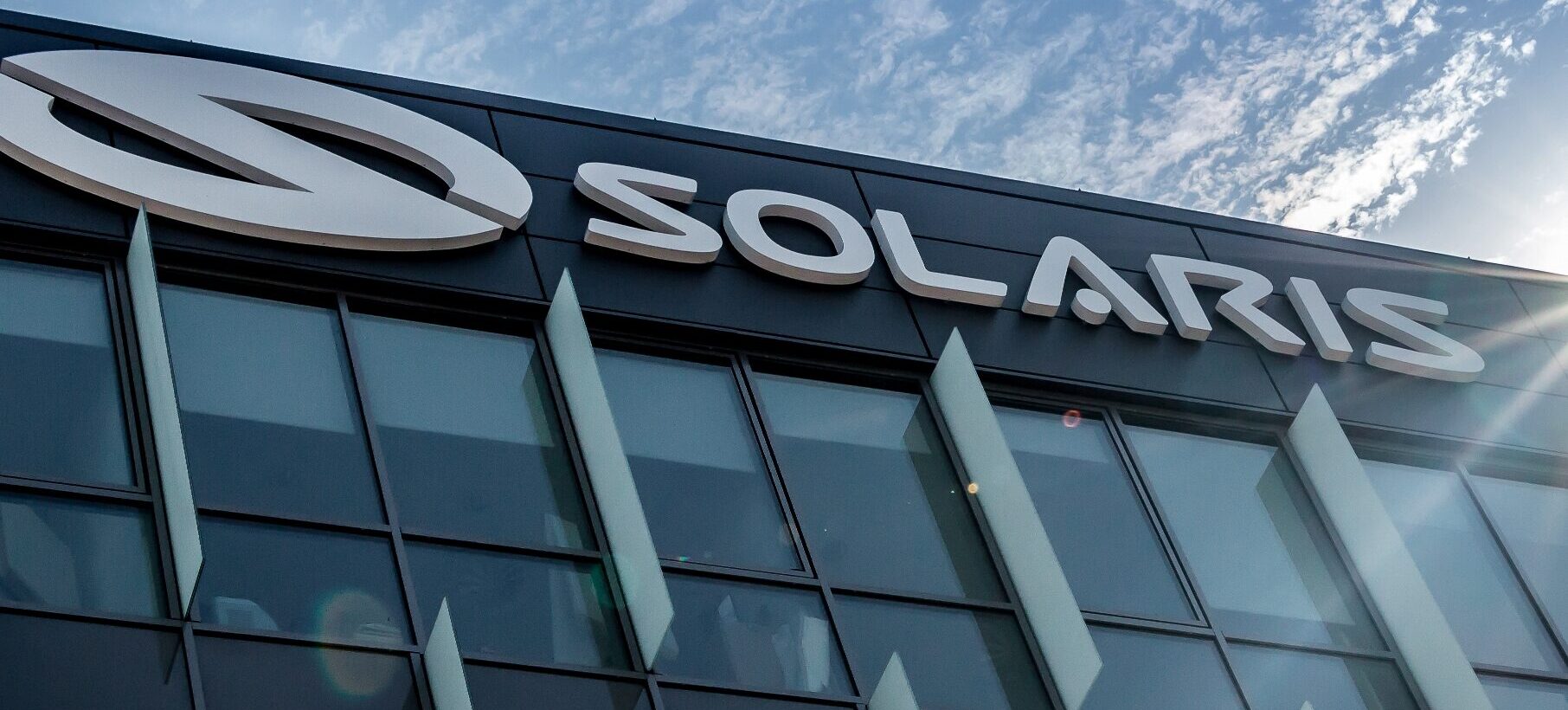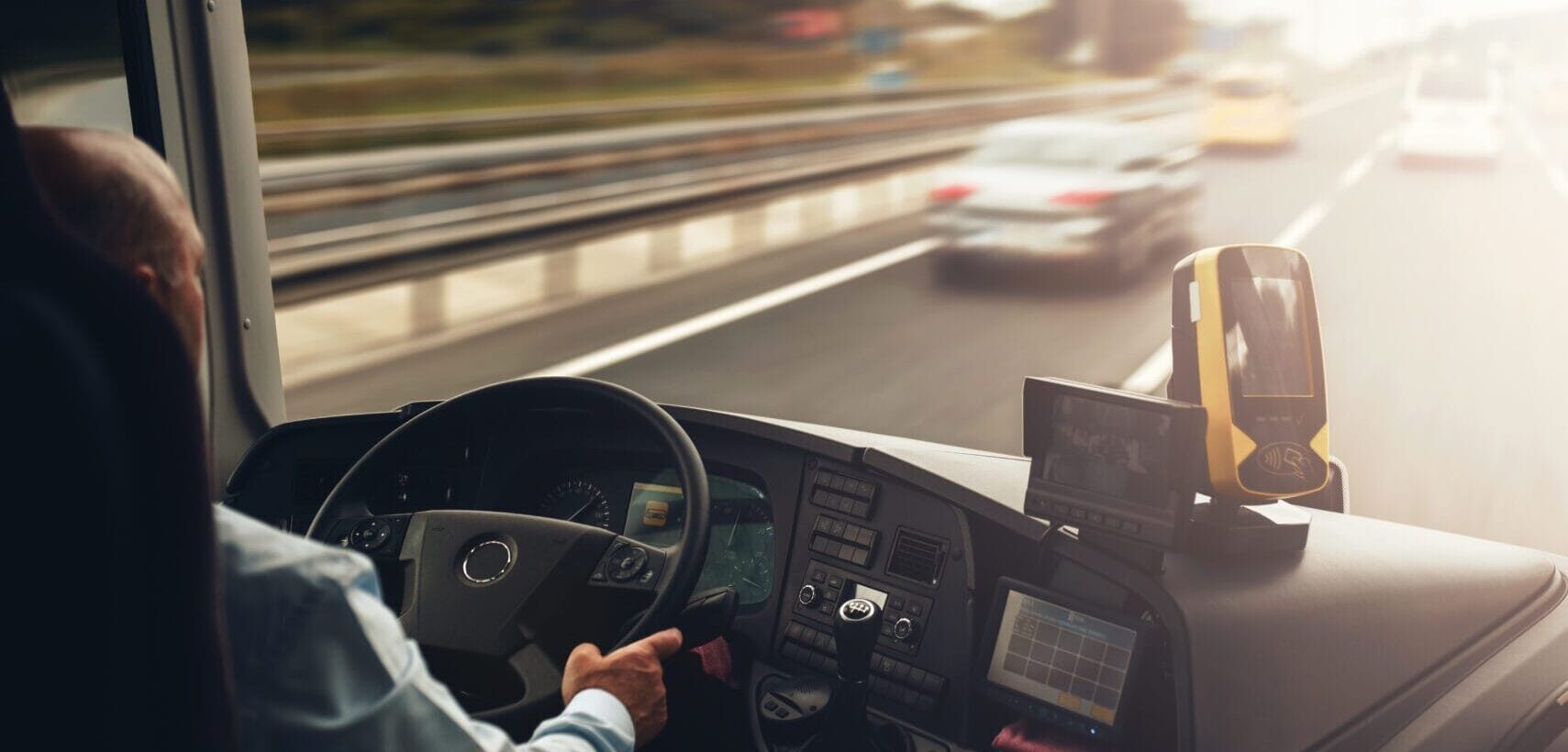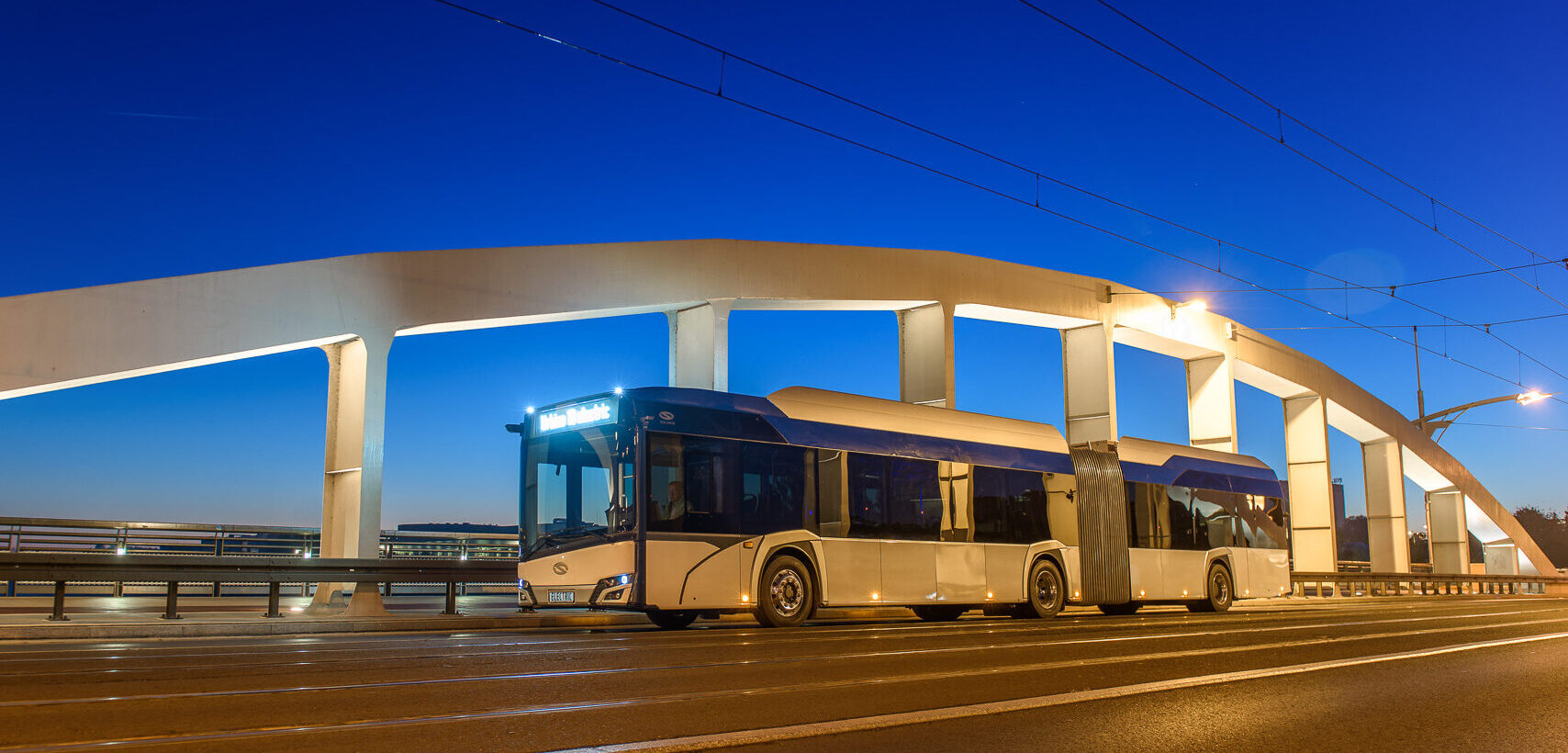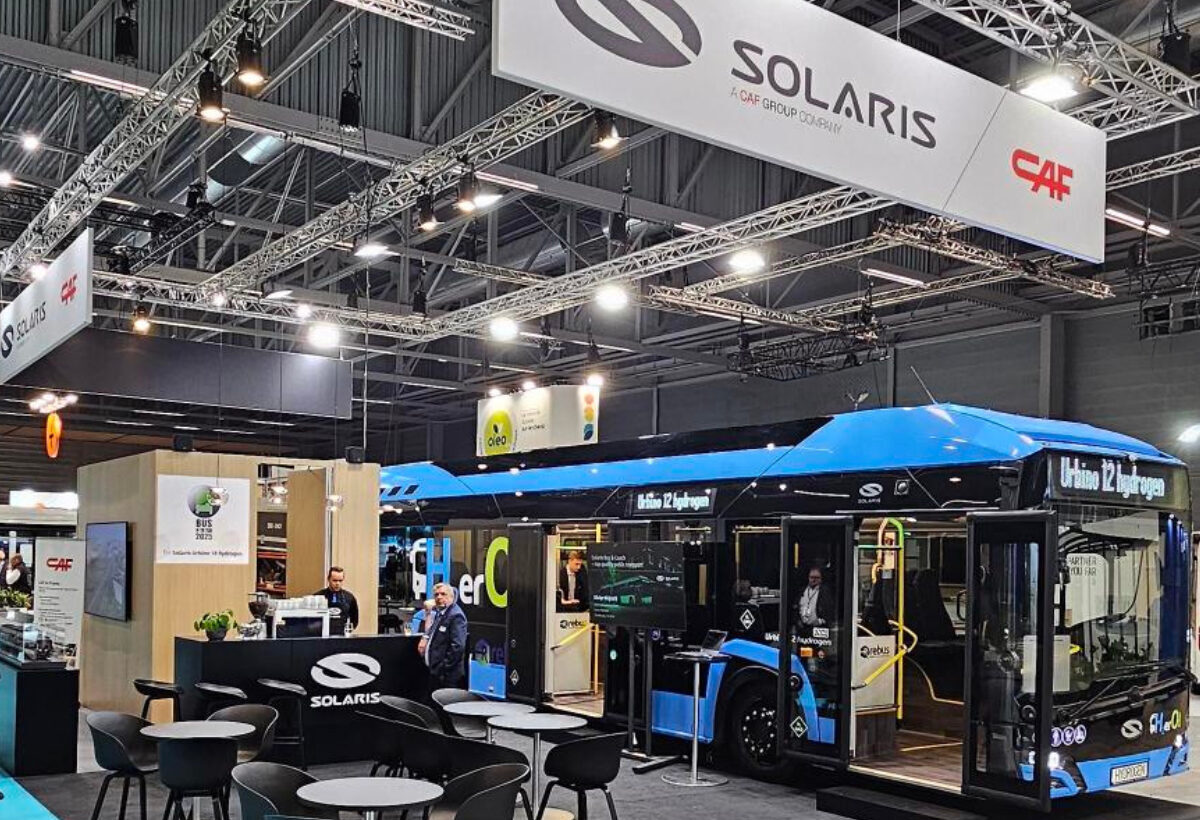On 14 November 2024, Solaris and Polish public transport operator, PKM Gliwice signed an agreement for the delivery of 10 battery-electric buses.
This order will add a further seven articulated Urbino 18 buses and three Urbino 12 buses to the operator’s existing fleet. Eight Solaris electric vehicles are already operational in the city of Gliwice.
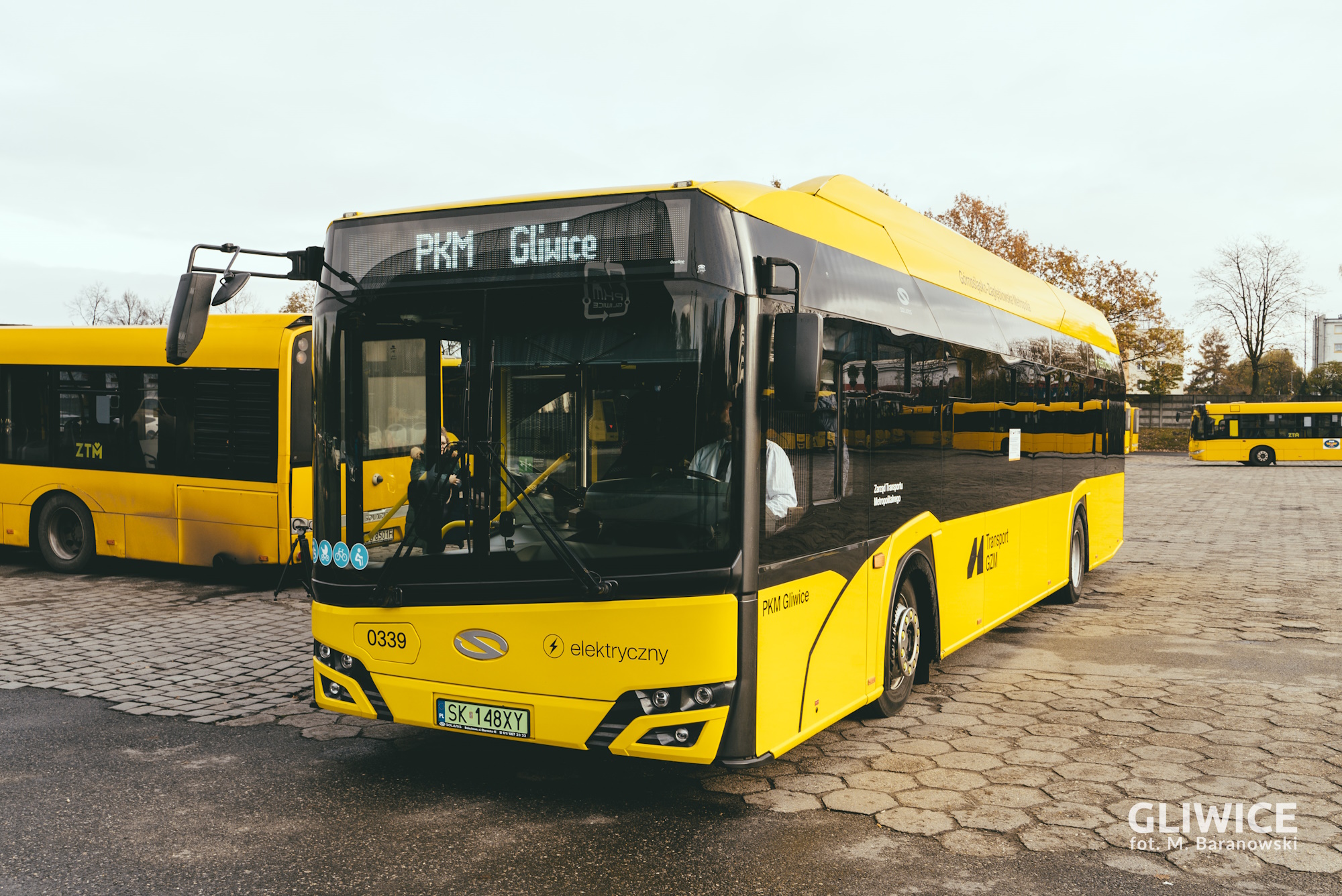
The Urbino buses have a battery capacity of 400 kWh (Urbino 12) and 700 kWh (Urbino 18) and both vehicles are capable of fast charging via an inverted pantograph. This device lowers into the bus during recharging and the required charging infrastructure will be installed across the city.
In addition, the buses will be equipped with a passenger information system, electronic ticketing and fare collection devices. Safety features will include blind-spot monitoring and an alcolock, which measures breath alcohol concentration and can prevent the bus from starting if the driver is under the influence.
The vehicles are due to be delivered to Gliwice in November 2025.











